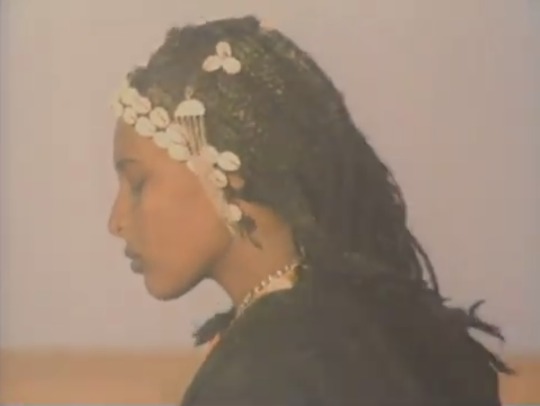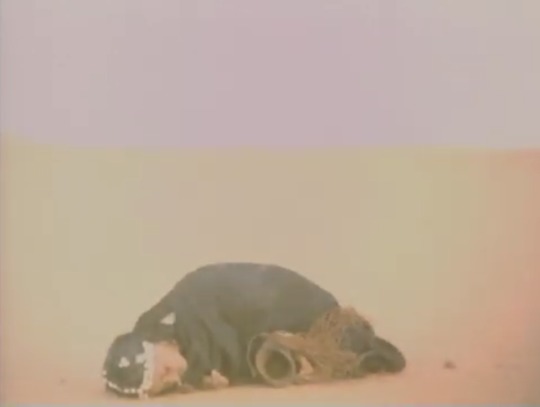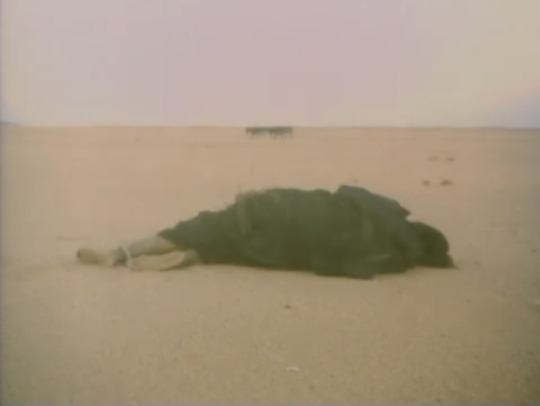#ibrahim shaddad
Text

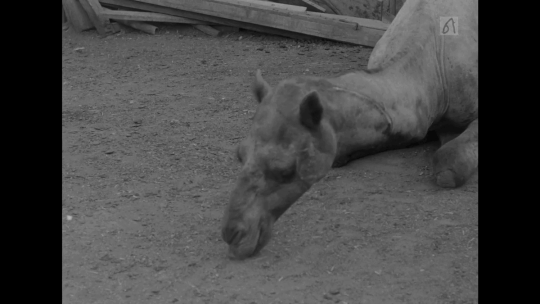
Ibrahim Shaddad, {1981} جمل (A Camel)
#film#gif#ibrahim shaddad#جمل#a camel#1981#black and white#short film#experimental film#animals#camels#birds#goats#pigeons#1980s#sudan#male filmmakers
4 notes
·
View notes
Text

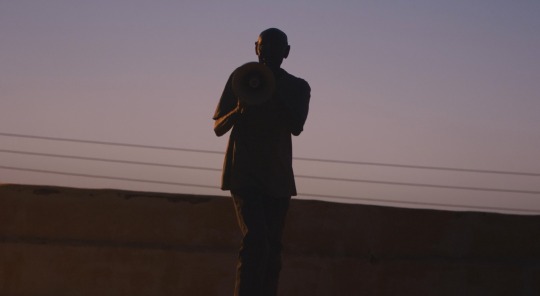
Talking About Trees, 2019
4 notes
·
View notes
Text
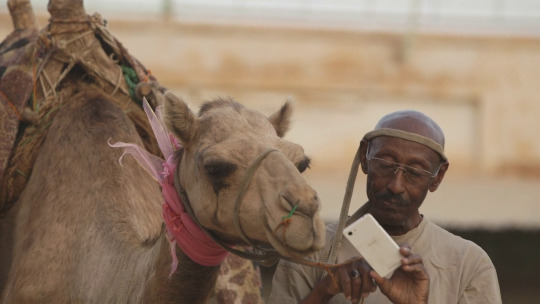
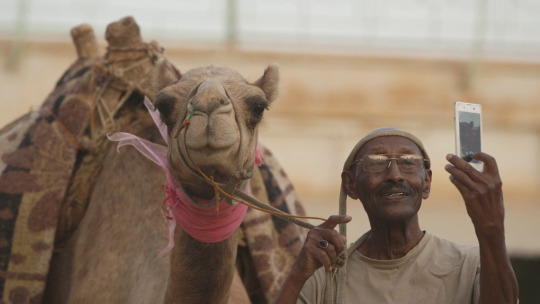
Talking About Trees (2019), dir. Suhaib Gasmelbari
#sudanese cinema#talking about trees#Suhaib Gasmelbari#Ibrahim Shaddad#he's only directed four movies all shorts and i've been able to find three of them#2024 goal#film stills#*
0 notes
Photo
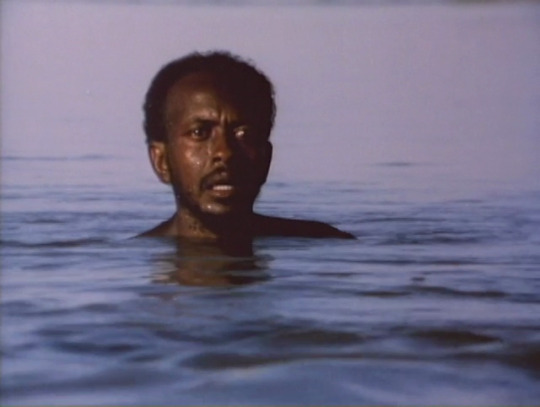
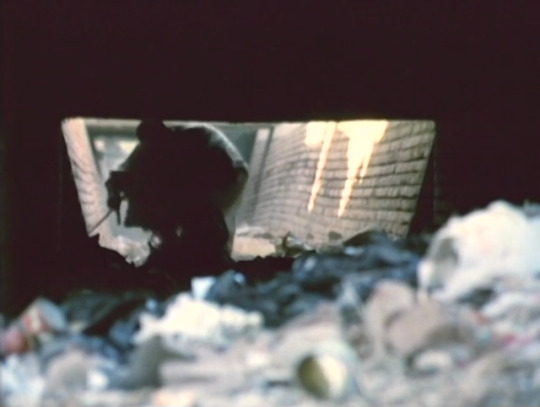
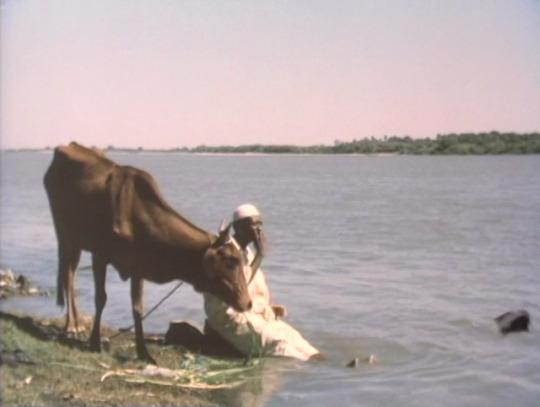
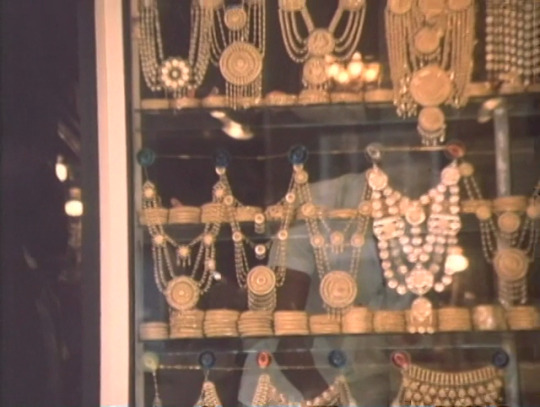
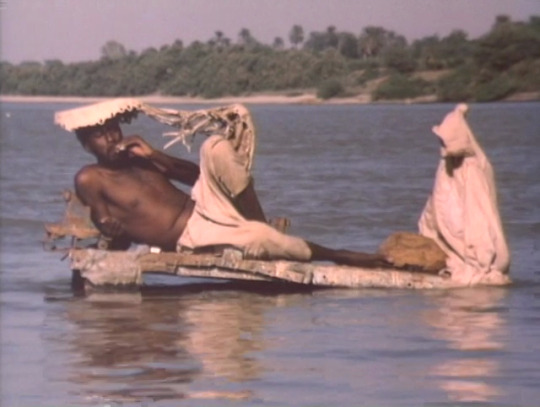
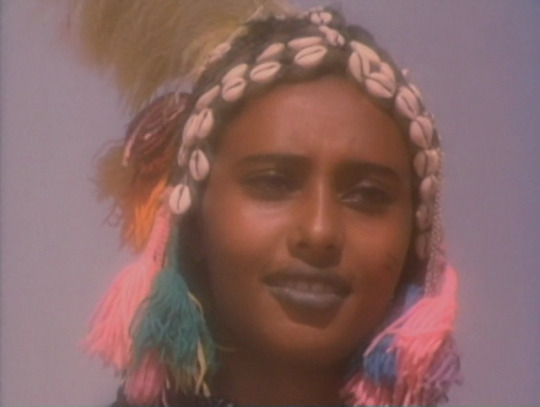
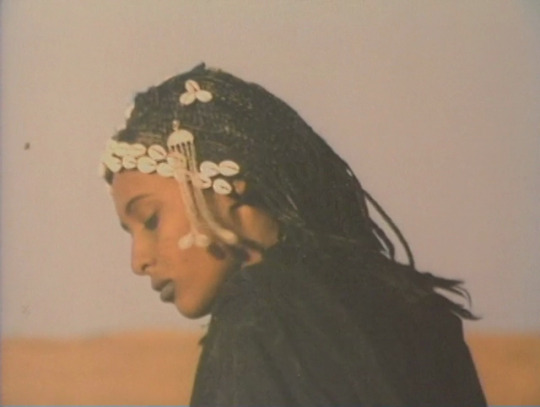
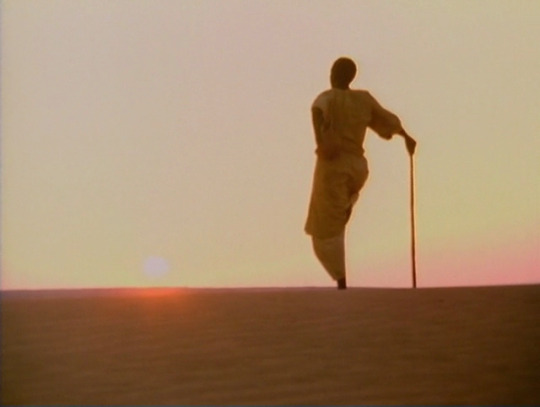
Human Being/Insan (Ibrahim Shaddad, 1993)
Watch here
1K notes
·
View notes
Photo
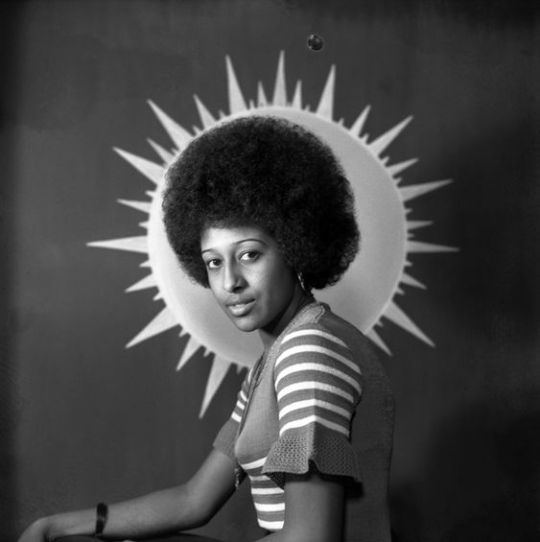
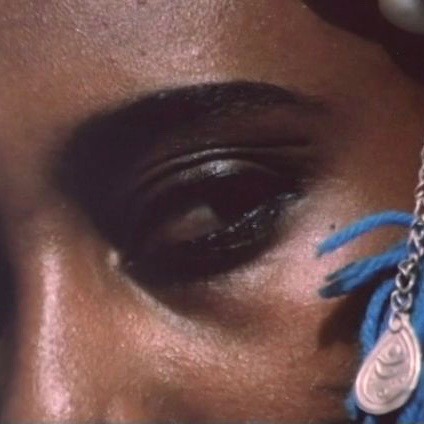
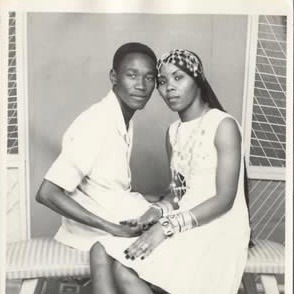
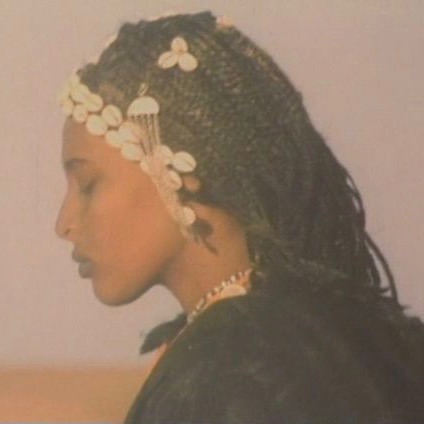
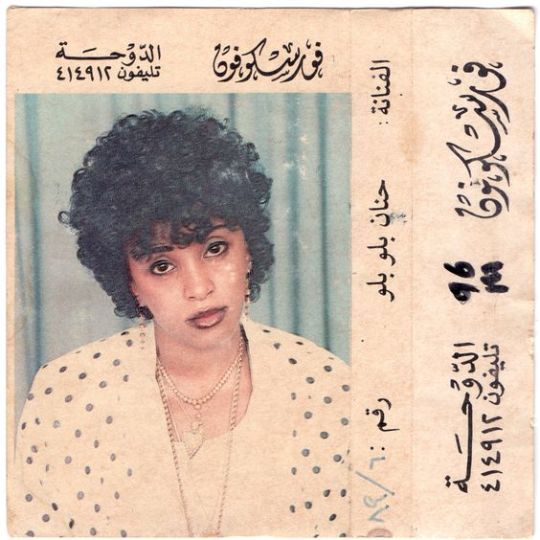
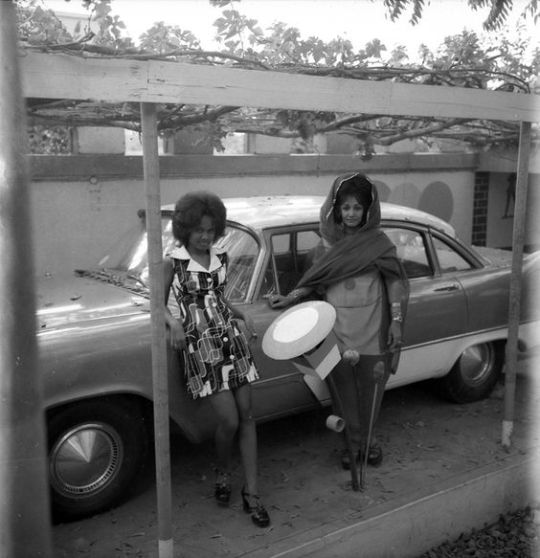
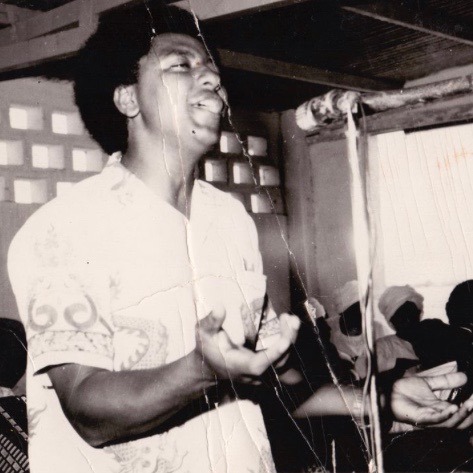
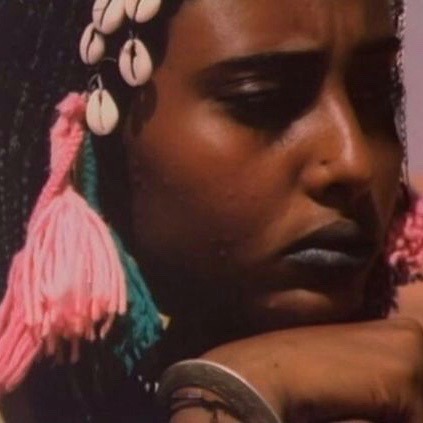
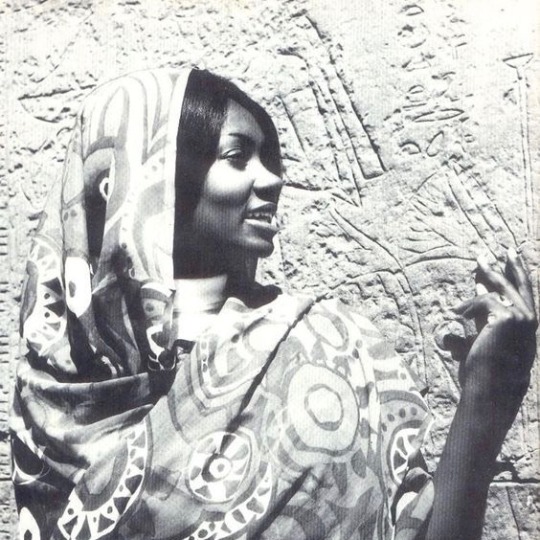
#sudan#black and white photography#vintage#sudanese#photography#ibrahim shaddad#sudanese film#african film#vintage sudan#vintage africa#North African culture#north africa#moodboard#hmm feeling nostalgic for a time I wasn't even alive <2#nd the picture in the top left im obsessed its so pretty#black girl magic#black excellence#*mine#east Africa#east african culture
1K notes
·
View notes
Photo
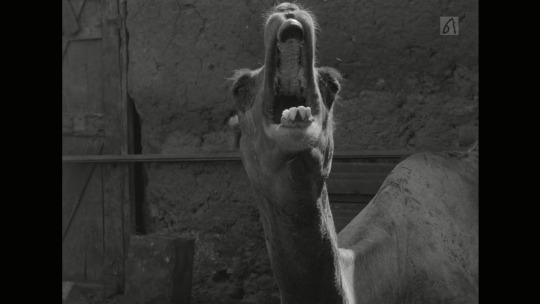
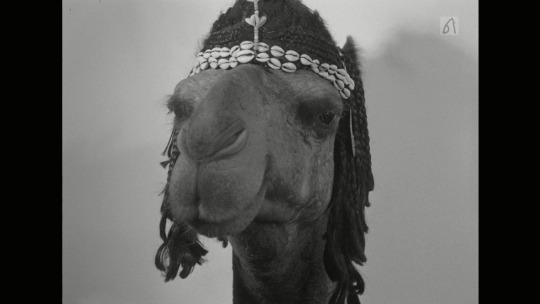
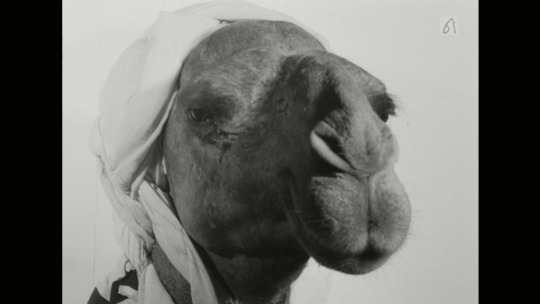
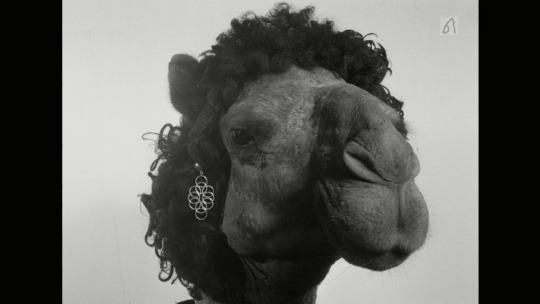
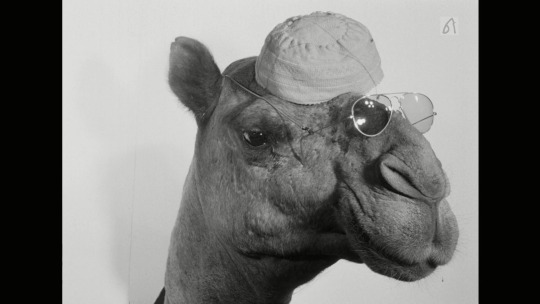
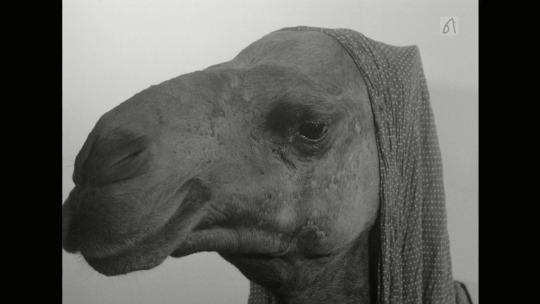
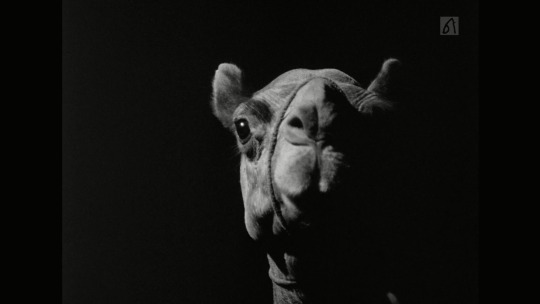
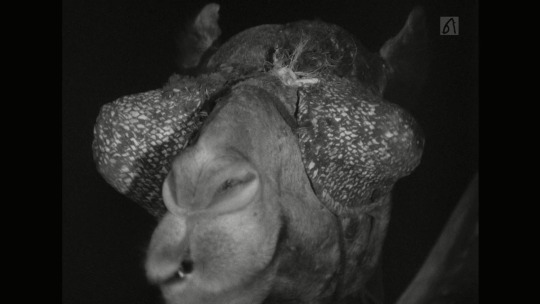
Jamal/A Camel(1981) dir. Ibrahim Shaddad
7 notes
·
View notes
Photo
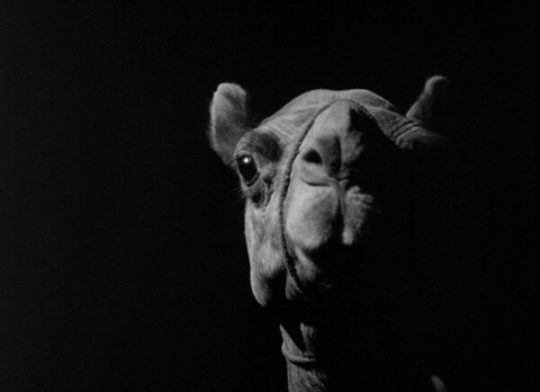

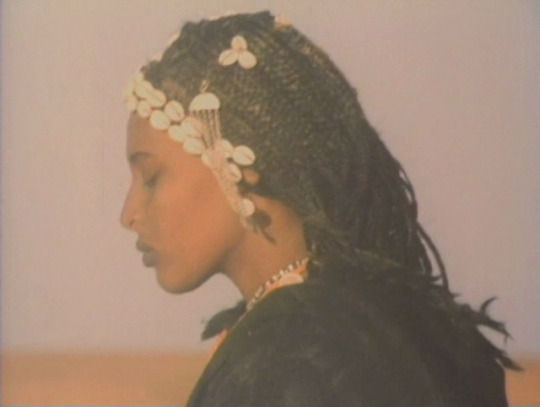
Get to Know the Filmmaker: Ibrahim Shaddad
Shaddad is veteran Sudanese filmmaker known for his avant-garde experimental style and recently starred in Talking About Trees (Suhaib Gasmelbari, 2019) about the Sudanese Film Club that has strived since 1989 to encourage and fund cinema culture, film production, screenings, and training in Sudan.
Three of his films are free to stream:
The Camel/Jamal (1981)* is a report from the life of a camel, most of which plays out in a dreary, small room – a sesame mill. (x)
The Rope/Al Habil (1985)* documents two blind men making their way through the desert accompanied by a donkey. Connected by a rope, sometimes the two men decide the way, and sometimes the donkey leads them through the desert (x)
Human Being/Insan (1994) by Shaddad provides a dramatic and powerful account of the trials and alienation of a Sudanese villager in a large city. Shot entirely without dialogue, the film's innovative use of sound helps tell the story of a shepherd who leaves his wife and herd to settle in a nearby town. (x)
*Access through April 10, 2020
153 notes
·
View notes
Photo
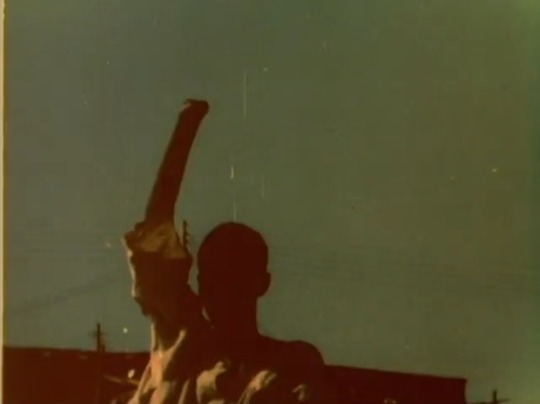
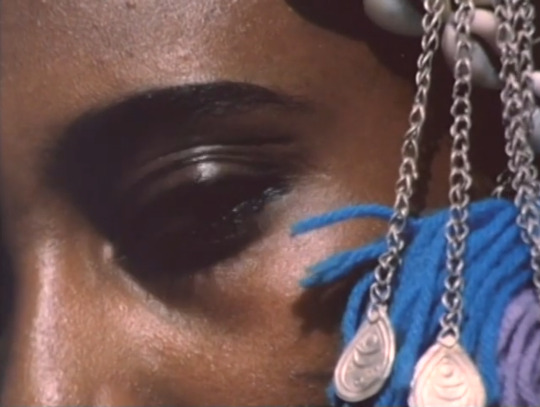
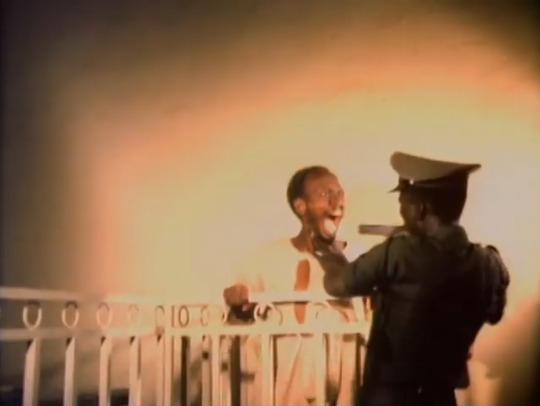
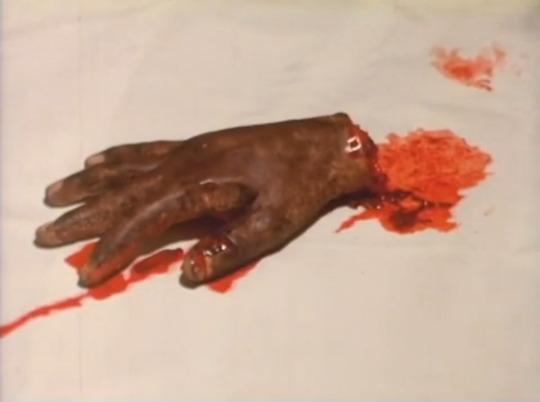
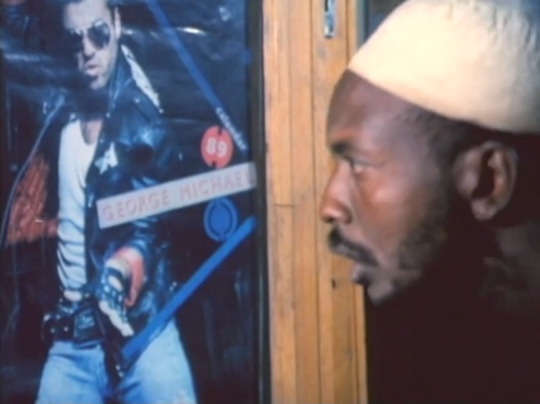
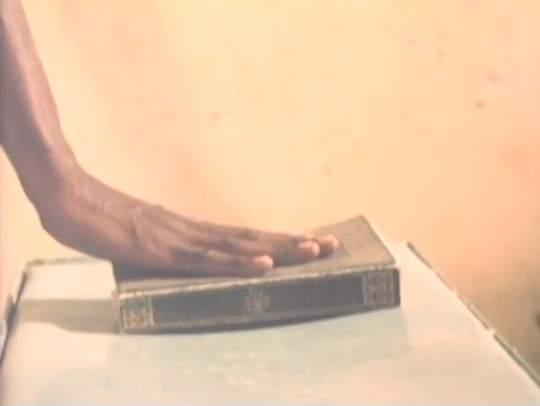
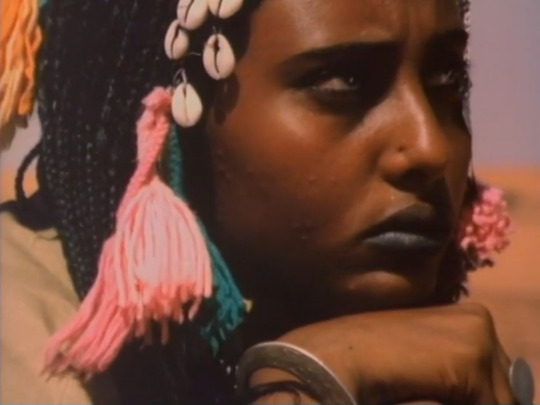
Human Being dir. Ibrahim Shaddad
89 notes
·
View notes
Photo
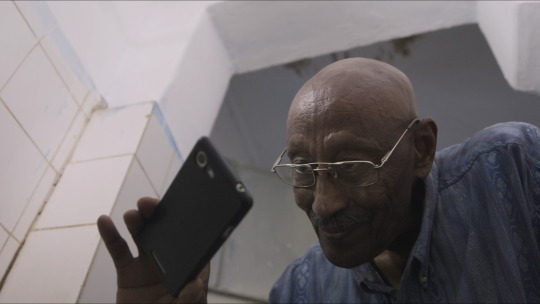
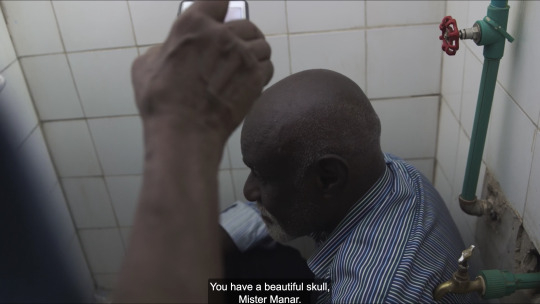
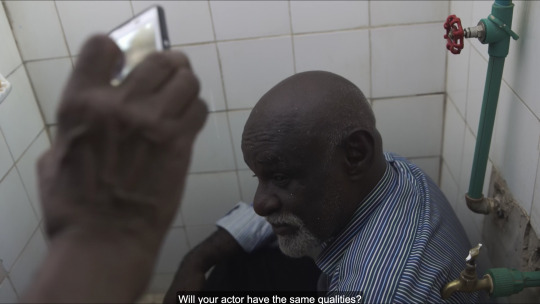
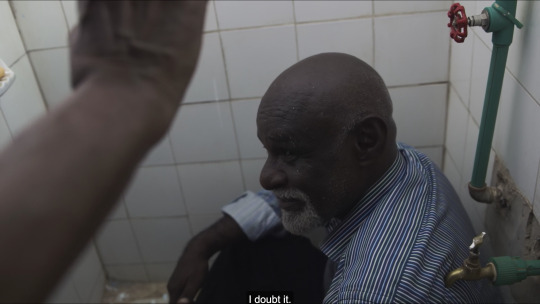
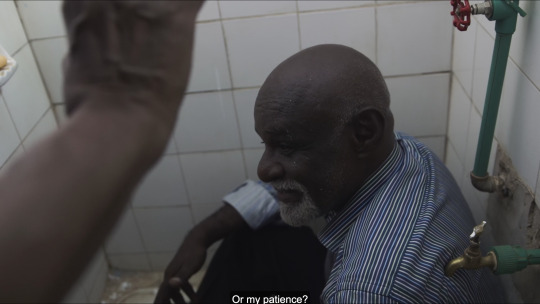
i thought this part in talking about trees (suhaib gasmelbari, 2019) was so sweet, funny, and emblematic of what makes the doc so moving
9 notes
·
View notes
Photo
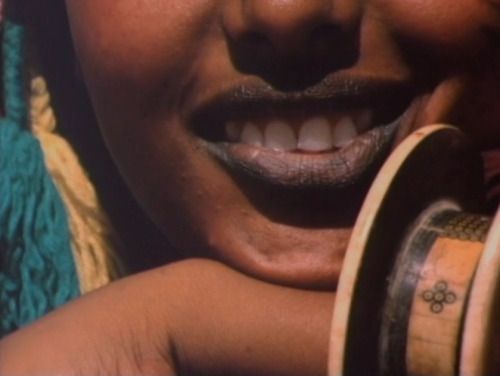
Insan, Ibrahim Shaddad
5 notes
·
View notes
Note
Hi! I have a question about Joe's laqab in the comics, al-Tayyib. How and when would that name be used? Would it be like a nickname, something people would call him on a day to day basis? Like "Hello, al-Tayyib, how's it going" etc.? Or is it more like "Catherine the Great" or "Charles the Bald," i.e. a name you wouldn't use when addressing the person?
Hi nonny!
JOE’S NAME
Alqab aren’t exactly nicknames, not in the modern sense like, well, ‘Joe’. They’re more like adjectives/epithets/descriptive titles that are attached to the name, similar to a Roman cognomen. It wouldn’t be something you casually use but mostly as you refer to, identify or introduce someone important.
Think of it like Richard the Lionheart, Ivar the Boneless, Haroun al-Rashid (Aaron the Rightly-Guided/Just), etc. so Joe would have been referred to as Yusuf al-Tayyib - translated to Joseph the Kind - perhaps it was given to him during the Crusades for being a commander who cared for the civilians in Jerusalem?
But one-on-one he’d just be Yusuf.
It can be used as Al-Tayyib Al-Kaysani (some tend to be actually born with names like that) or Al-Tayyib Yusuf or just Al-Tayyib those all really depends on who and what he is. BUT using that title as a name tends to be if you’re someone noteworthy, culturally, religiously or politically important, a commander/king/prince/caliph/champion, or sometimes, maybe, a poet (ex. Attar, who was a pharmacist so his laqab ‘attar means ‘apothecary/perfumer’), so everyone knows who you mean when you say it. If it goes as far as replacing your name, then you have to be someone who’s really made your mark like the warrior-poet ‘Antar bin Shaddad, whose real name was apparently Maher.
Also like a cognomen, historically you refer to these figures by their laqab, like how the one that defeated Hannibal became Scipio Africanus, and it can be inherited by your descendants like Cicero / Al-Rashid.
I feel like the name Al-Kaysani itself was originally a laqab, maybe given to his grandfather, which became a surname.
I should also mention that in a Modern AU this would not be a thing anymore. Not unless he had an ancestor who had that title attached and it became their last name instead of Al-Kaysani. A lot of current surnames did derive from an ancestor’s laqab. The term in a modern sense mostly refers to occupational terms like professors, admiral, prime minister, prince, priest, etc.
Also, in a Modern AU, he wouldn’t have his nasab either - the ‘bin/son of‘ part of his name. Since in Arabic naming conventions there are no middle names, he’d need to legally list out what’s called a tertiary or quaternary name i.e. three or four names in birth-order, so either Yusuf Ibrahim Al-Kaysani or Yusuf Ibrahim Muhammad Al-Kaysani. If he’s born abroad then he may just have his father’s name as a middle name, or even an entirely different name with that option.
If you want to still include it, you could make Al-Tayyib his mother’s surname since MENA women keep their maiden names.
Hope this helps!
#the old guard#joe al kaysani#yusuf al kaysani#arabic langblr#kaysanova#nicolo di genova#yusufnicolo#joenicky#andromache the scythian#nile freeman#sebastien le livre#tog#tog meta#the old guard meta
264 notes
·
View notes
Photo
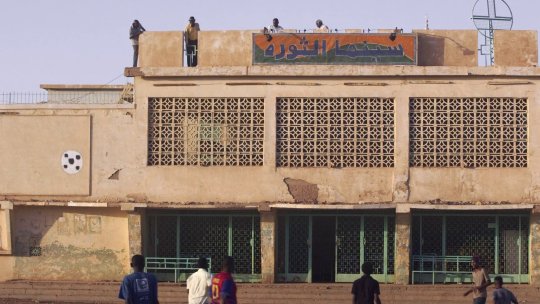
Talking About Trees (Suhaib Gasmelbari, 2019)
You’re testing my hard stance disdain for cinephilia here, movie. Sudanese filmmakers from between the civil wars trying to clean up an abandoned cinema to start public screenings again. I’d much rather be able to see their original work in full rather than the short clips you get from this. They showed Ibrahim Shaddad’s A Camel before this and it was superb. But there is something to watching wisened old men who’ve had enough, knowing the futility of their goal, laughing at it, and trying anyway as all they have otherwise are memories, lost work, idle hands.
8 notes
·
View notes
Text
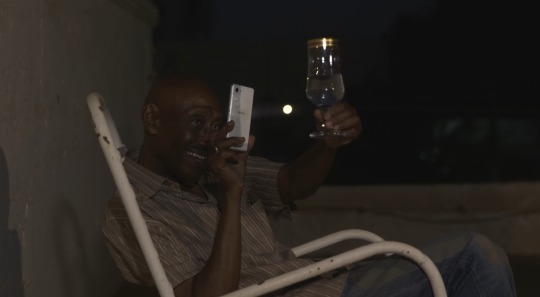
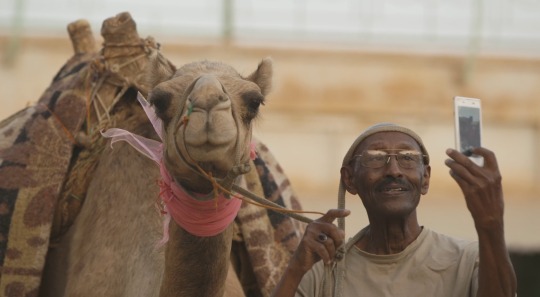
Ibrahim Shaddad in Talking About Trees, 2019
3 notes
·
View notes
Text
Watchlist for @whistlenotes
Links
Kiss of the Rabbit God (Andrew Huang 2019)
Rebirth is Necessary (Jen Nkiru 2017)
Afronauts (Nuotama Bodomo 2014)
Stuart Hall Project (John Akomfrah 2013)
Dreams Are Colder Than Death [abridged version] (Arthur Jafa 2013)
Phantoms of Nabua (Apichatpong Weerasethakul 2009)
Vampire Hunter D: Bloodlust (Yoshiaki Kawajiri 2000)
Chocolate Babies (Stephen Winter 1997)
Praise House (Julie Dash 1991)
Siddheshwari (Mani Kaul 1989)
Bless Their Little Hearts (Billy Woodberry 1983)
Passing Through (Larry Clark 1977)
Sambizanga (Sarah Maldoror 1972) - RIP Queen <3
Scarlet Street (Fritz Lang 1945)
The Wildcat (Ernst Lubitsch 1921)
Something Good: Negro Kiss (William Nicholas Selig 1898)
DM for link/password (other mutuals can feel free to as well)
The Giverny Document [Single Channel] (Ja’Tovia Gary 2019)
Cotton Club [Encore] (Francis Ford Coppola 2019)
Field Niggas (Khalik Allah 2015)
Warming by the Devil’s Fire (Charles Burnett 2005)
Clockers (Spike Lee 1996)
Human Being (Ibrahim Shaddad, 1994)
Fast Trip Long Drop (Gregg Bordowitz 1993)
Looking for Langston (Isaac Julien 1989)
Coffee Colored Children (Ngozi Onwurah 1988)
Bound for the Fields, The Mountains, and the Seacoast (Nobuhiki Obayashi 1986)
Hadsworth Songs (John Akomfrah 1986)
Sugar Cane Alley (Euzhan Palcy, 1983)
The Pocketbook (Billy Woodberry 1980)
West Indies (Med Hondo 1979)
As Above So Below (Larry Clark 1973)
Touki Bouki (Diop Djibril Mambety 1973)
STOP! (Bill Gunn 1970)
Cane River (Horace Silver 1982)
Baara (Souleymane Cissé, 1978)
Remembreance: A Portrait Study (Edward Owens 1967)
St. Louis Blues (Allen Reisner 1958)
Streaming Services
High Flying Bird (Steven Soderbergh 2019) - Netflix
Atlantics (Mati Diop 2019) - netflix
Burial of Kojo (Blitz the Ambassador 2018) - Netflix
El violín (Francisco Vargas 2005) - amaz*npr*me
**Free** “”Streaming”” ~Services~
Where is Kyra (Andrew Dosunmu 2017)
Worth the effort to find
East Palace West Palace (Zhang Yuan 1996)
I Like It Like That (Darnell Martin 1994)
Losing Ground (Kathleen Collins 1982)
The Harder They Come (Perry Henzell (1972)
MISC
Quarantine Watchlist courtesy of @meghli
@mizoguchi made an obscure watchlist on youtube
UCLA Project One restorations of LA Rebellion shorts
Arsenal is hosting a rolling roster of international films during quarantine
Mosfilm hosts a lot of its library (w english subs) on youtube
Korean Film Archive does the same
Canada’s National Film Board hosts mostly shorts on youtube
@filmantidote provides a bunch of links to hard to find films
Rarefilmm has a lot of films you can stream and dl (shouts out to their network for finding passing through!)
Zia Anger is doing special zoom screenings of My First Movie. they’re limited though.
174 notes
·
View notes
Photo
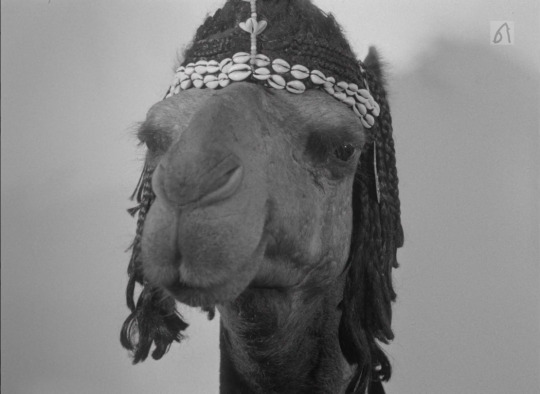
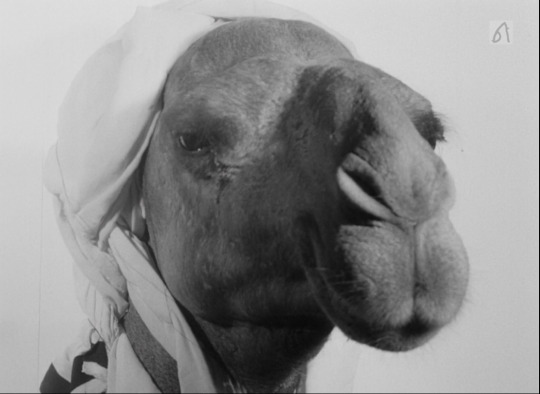
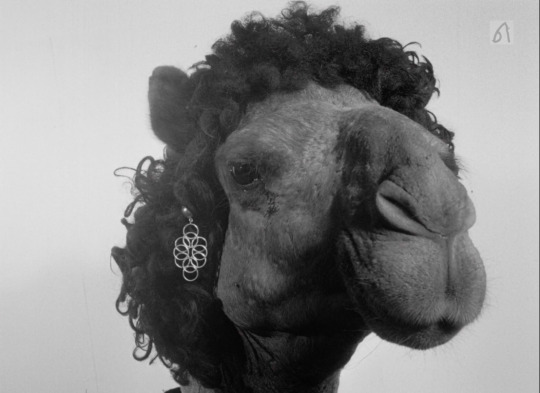
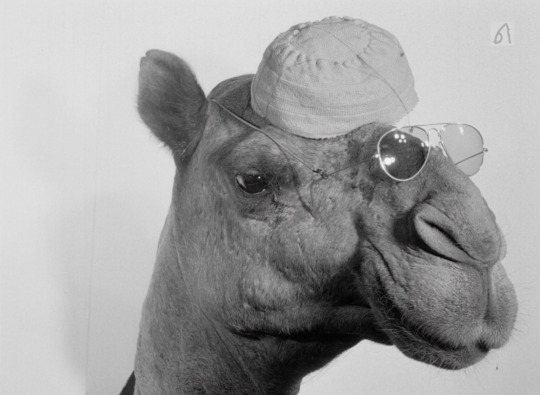
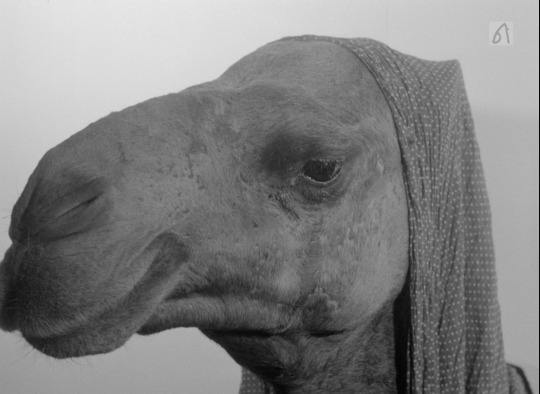
The Camel/Jamal (Ibrahim Shaddad, Sudan, 1981)
627 notes
·
View notes
